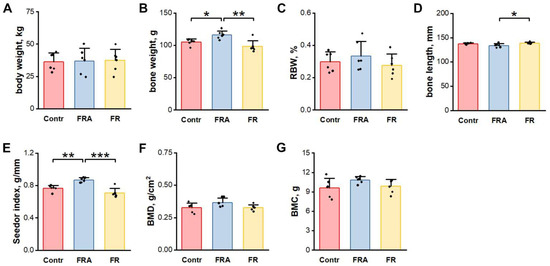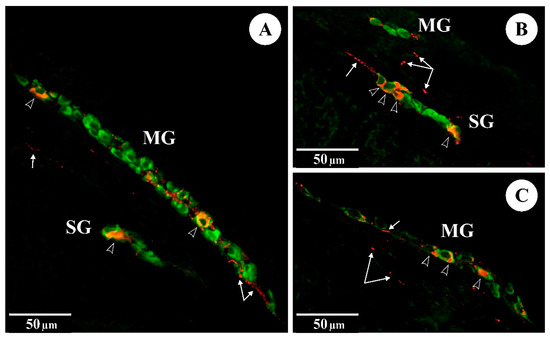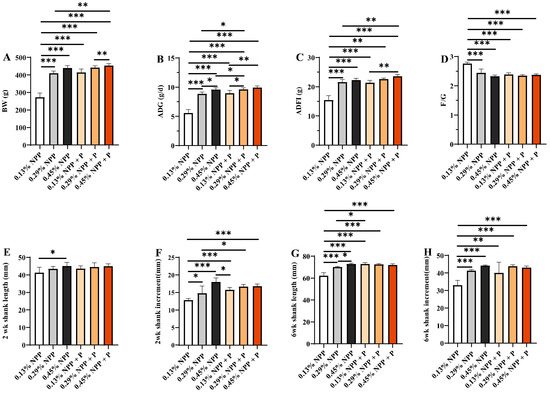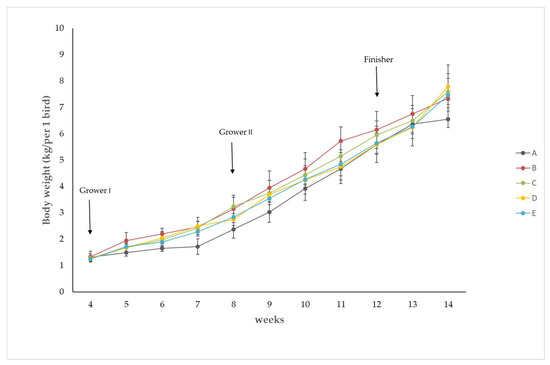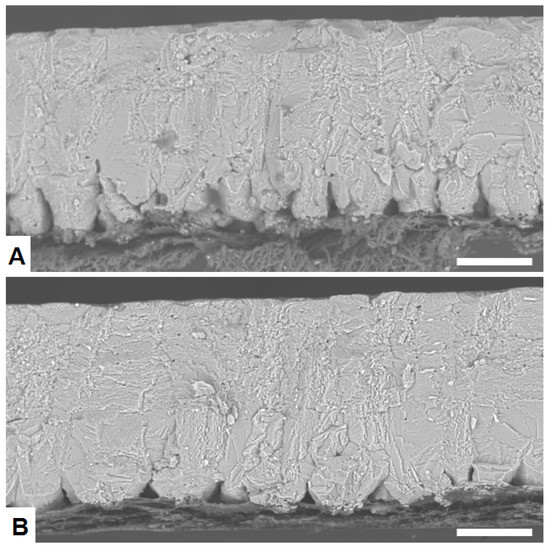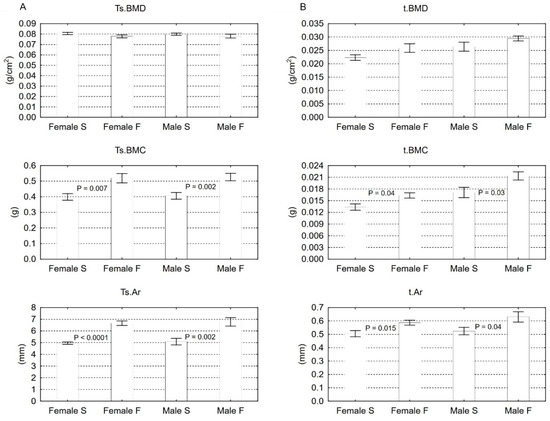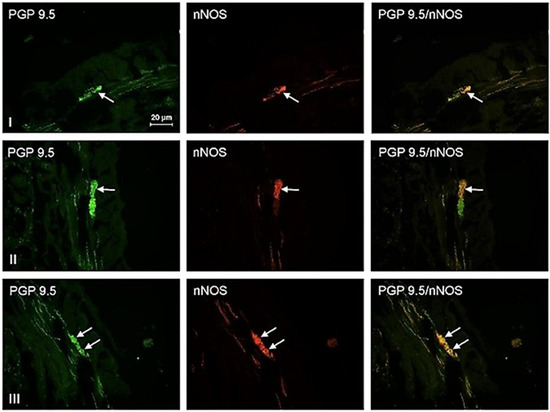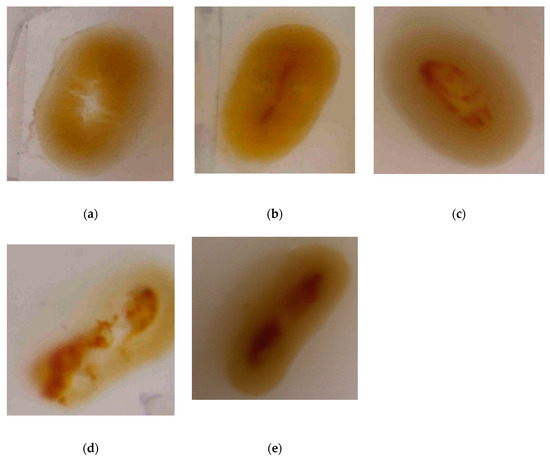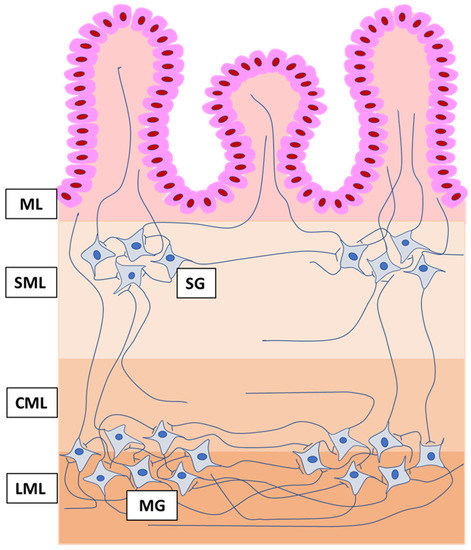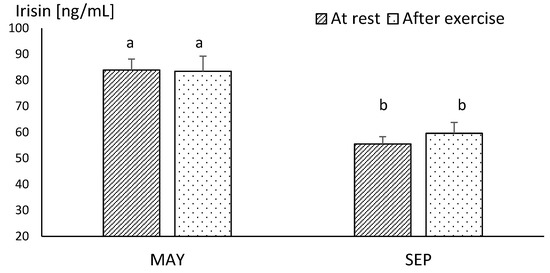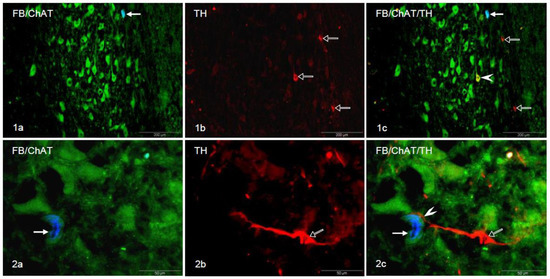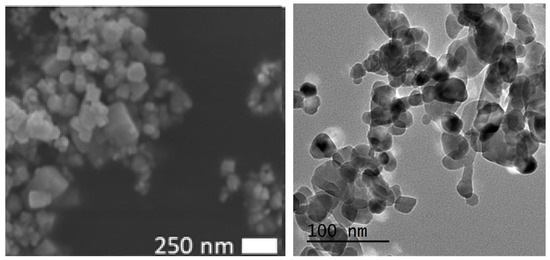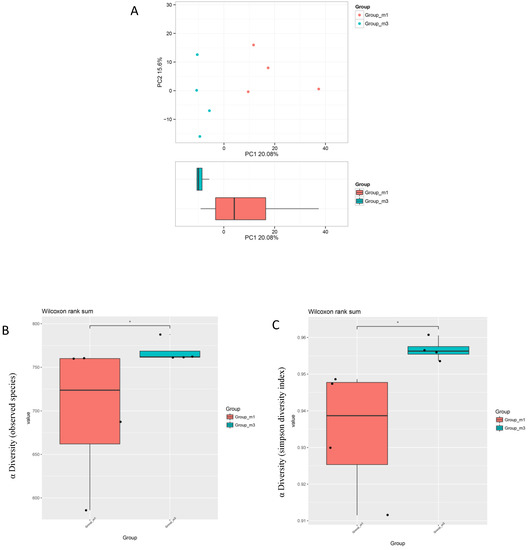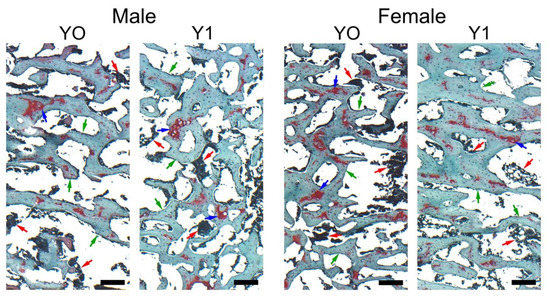Gut and Bone in Health and Disease
A topical collection in Animals (ISSN 2076-2615).
Viewed by 87871Editors
Interests: prenatal programming; postnatal development; physiology; nutrition; probiotics; glucocorticoids; heavy metals; toxicology; bone metabolism and development; bone and tendon mechanical properties; gut structure; gut-bone axis; skin in fur animals
Special Issues, Collections and Topics in MDPI journals
Interests: nutrition; muscoseletal system; bone metabolism and development; bone loss; bone and tendon mechanical properties
Special Issues, Collections and Topics in MDPI journals
Topical Collection Information
Dear Colleagues,
Bone and cartilage homeostasis fluctuates with age and health and depends on hormonal and nutritional modification in both humans and animals. Connective tissue homeostasis is regulated by many factors, which vary in prenatal and postnatal life and can be affected by several hormones, including glucocorticoids needed for normal physiological prenatal growth. Nutrition and toxicological factors also play a special role in development. The quality of food consumed during postnatal life plays an important role in subsequent development. Throughout history, nutrition has served a therapeutic role in the management of many diseases and a main role in the structural development of mammals. It has long-term effects that might be evident later in life.
This is consistent with the hypothesis of the existence of the gut–bone axis. The gastrointestinal tract is a place where basal mineral elements and nutritional ingredients are absorbed. They are needed for proper development of all systems, ensuring proper growth, including bone development, ensuring proper locomotor activity.
In particular, original manuscripts that address any aspects of gut and bone development are invited for this Topical Collection. We also invite original research papers and reviews that address any aspect of the prenatal programming of different systems in laboratory and livestock animals as well as postnatal growth and development. Topics of special interest are the use of hormones, supplements, nutritional factors, as well as nutrition in general in relation to occurrence of antinutritional or toxic factors; animal health and disease; etc.
Prof. Dr. Ewa Tomaszewska
Dr. Siemowit Muszyński
Collection Editors
Manuscript Submission Information
Manuscripts should be submitted online at www.mdpi.com by registering and logging in to this website. Once you are registered, click here to go to the submission form. Manuscripts can be submitted until the deadline. All submissions that pass pre-check are peer-reviewed. Accepted papers will be published continuously in the journal (as soon as accepted) and will be listed together on the collection website. Research articles, review articles as well as short communications are invited. For planned papers, a title and short abstract (about 250 words) can be sent to the Editorial Office for assessment.
Submitted manuscripts should not have been published previously, nor be under consideration for publication elsewhere (except conference proceedings papers). All manuscripts are thoroughly refereed through a single-blind peer-review process. A guide for authors and other relevant information for submission of manuscripts is available on the Instructions for Authors page. Animals is an international peer-reviewed open access semimonthly journal published by MDPI.
Please visit the Instructions for Authors page before submitting a manuscript. The Article Processing Charge (APC) for publication in this open access journal is 2400 CHF (Swiss Francs). Submitted papers should be well formatted and use good English. Authors may use MDPI's English editing service prior to publication or during author revisions.
Keywords
- prenatal programming
- hormonal factors
- metabolic diseases
- nutrition
- gut structure and function
- bone metabolism and development
- osteoporosis
- bone mechanical examination






